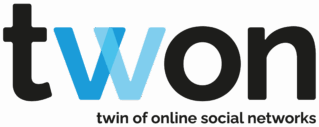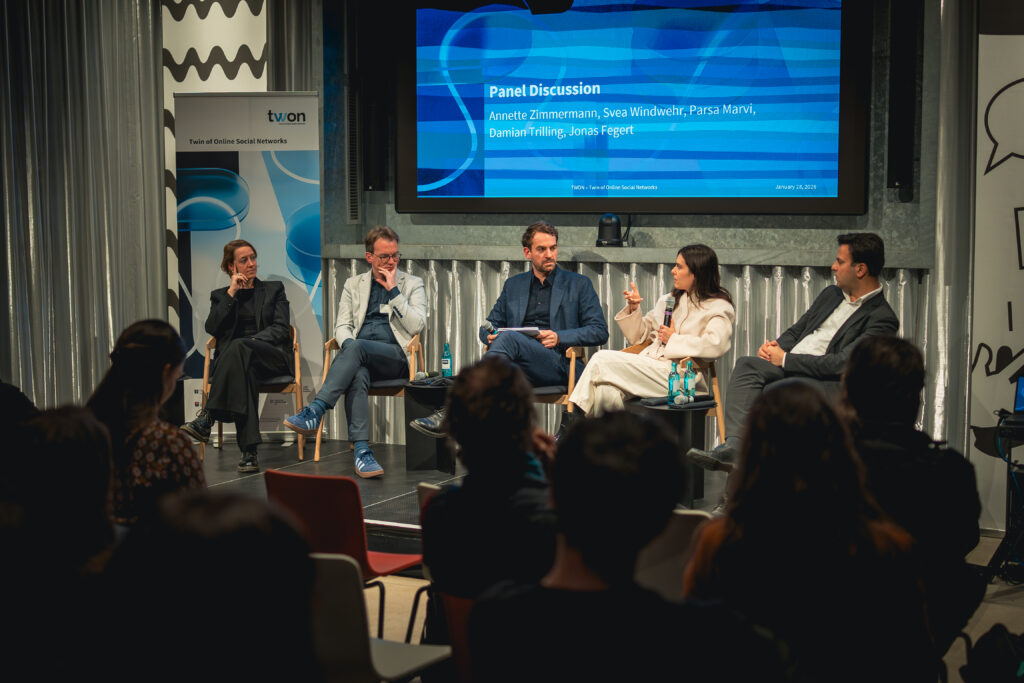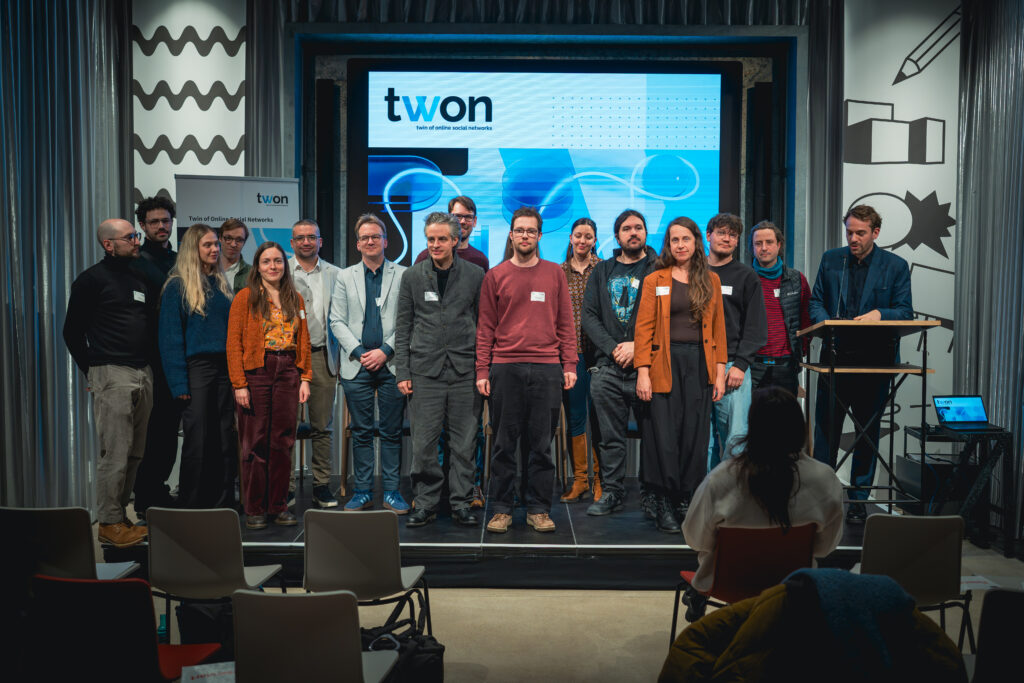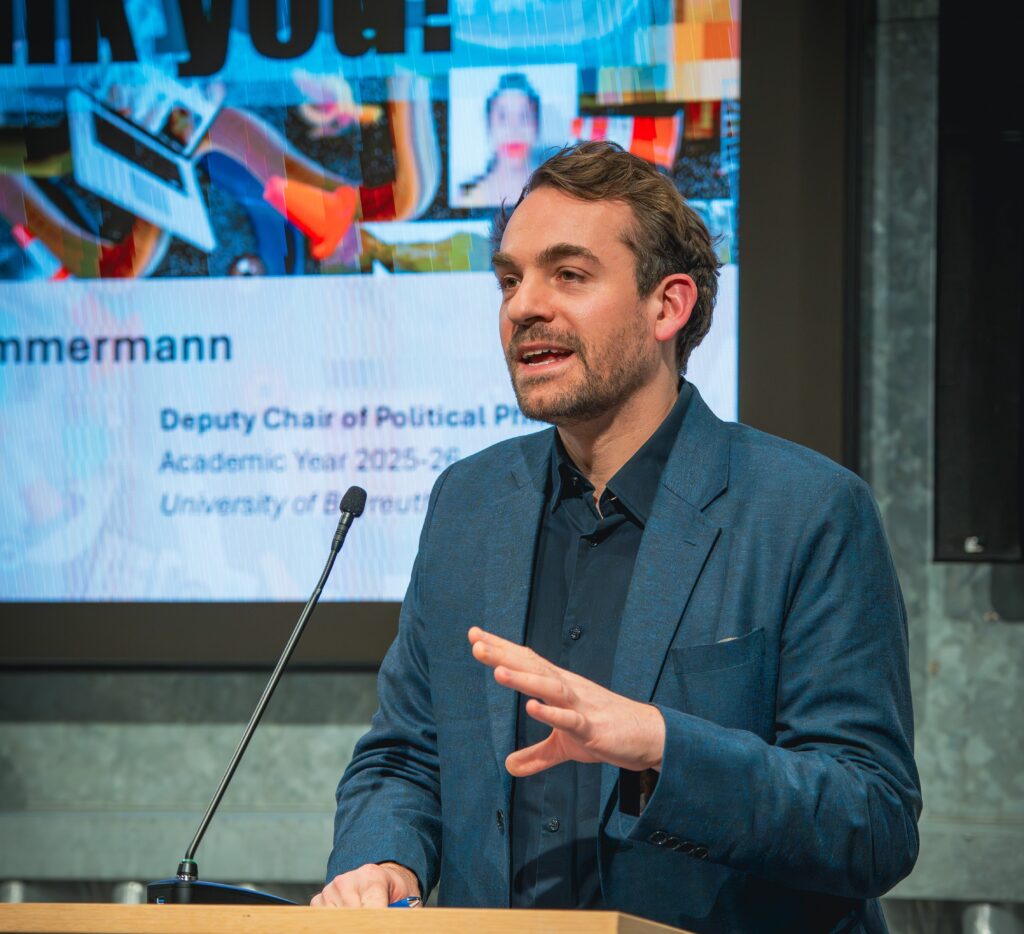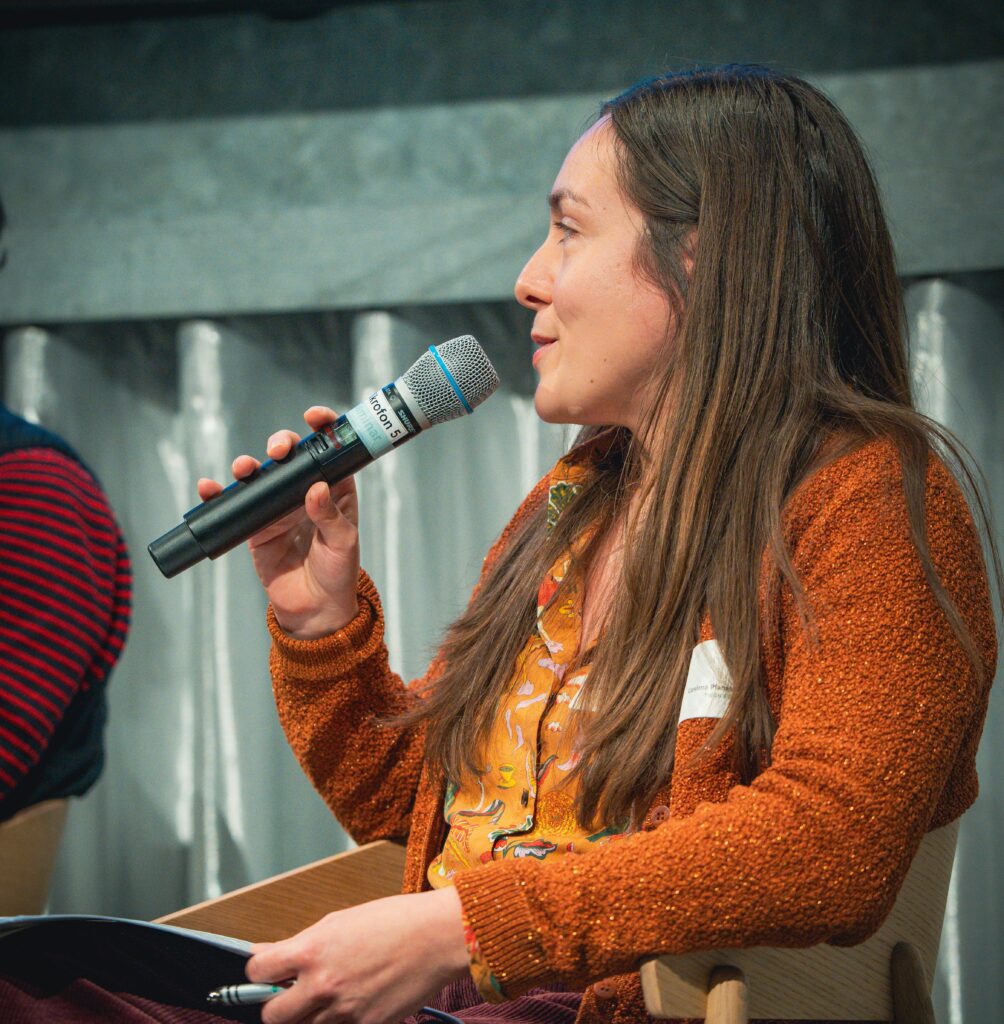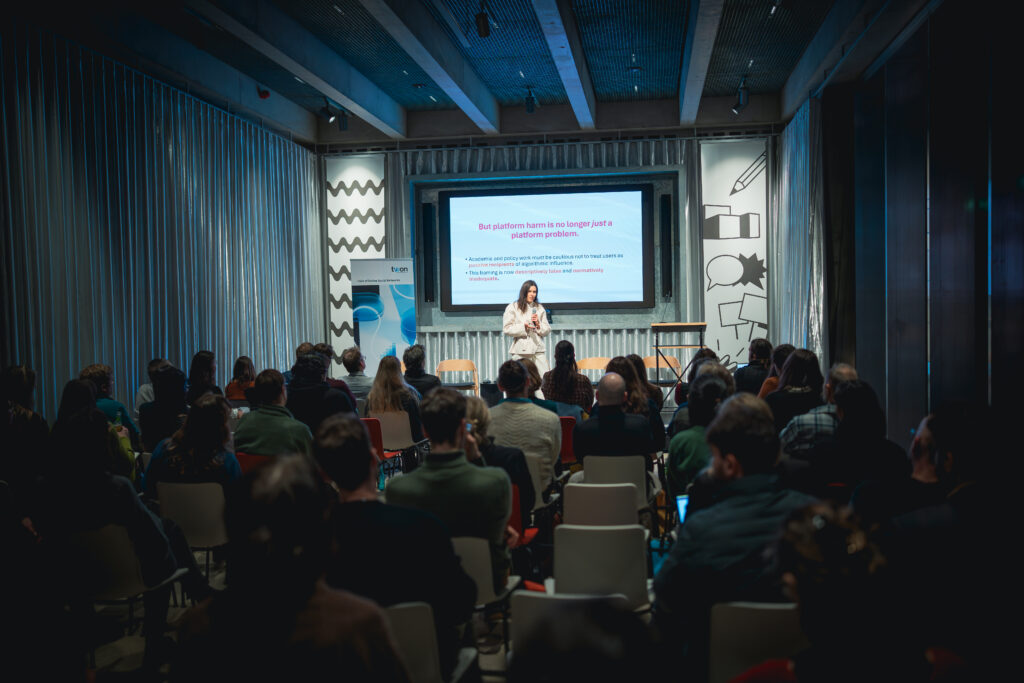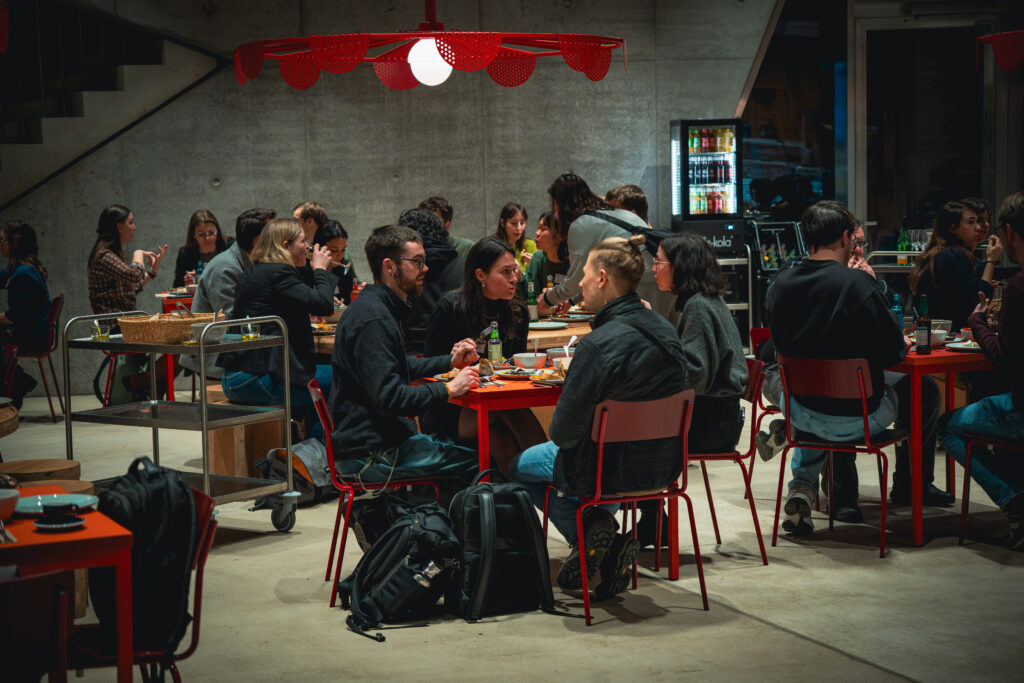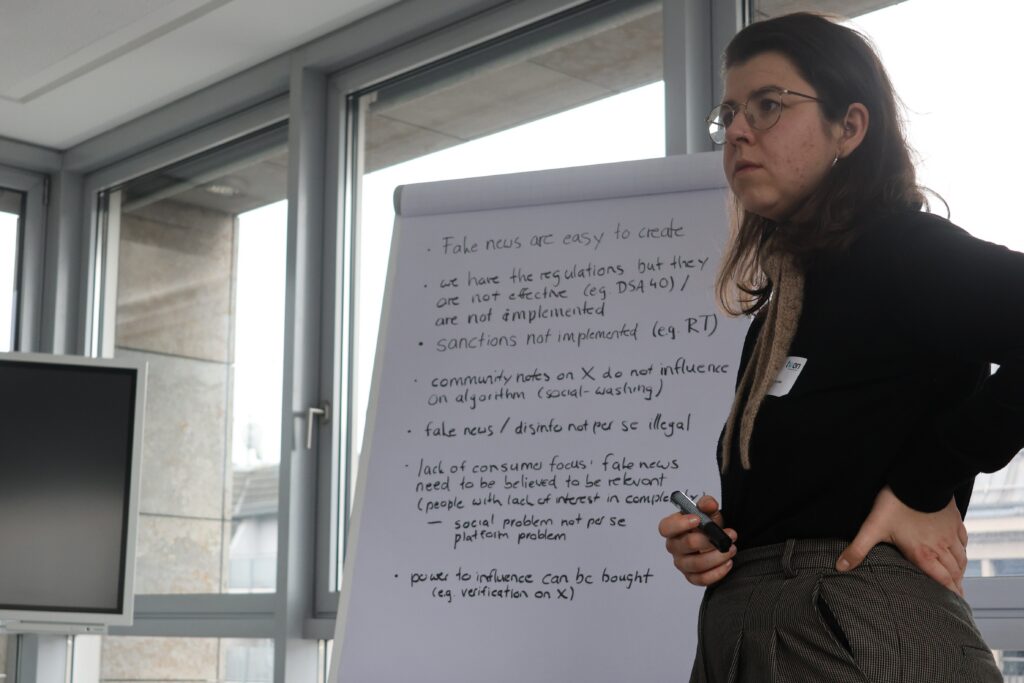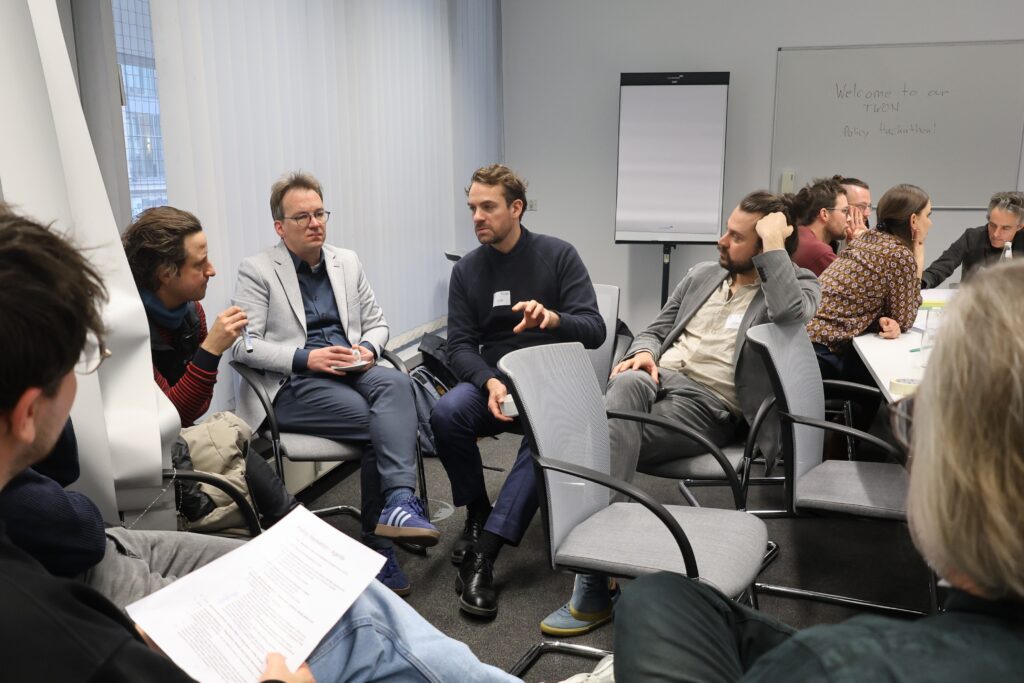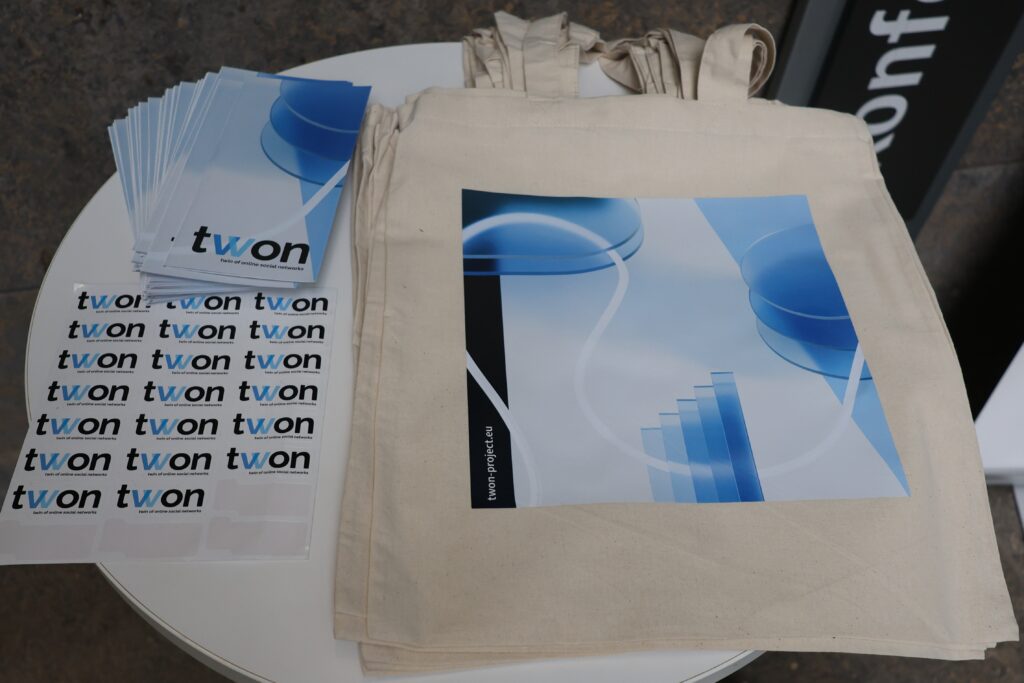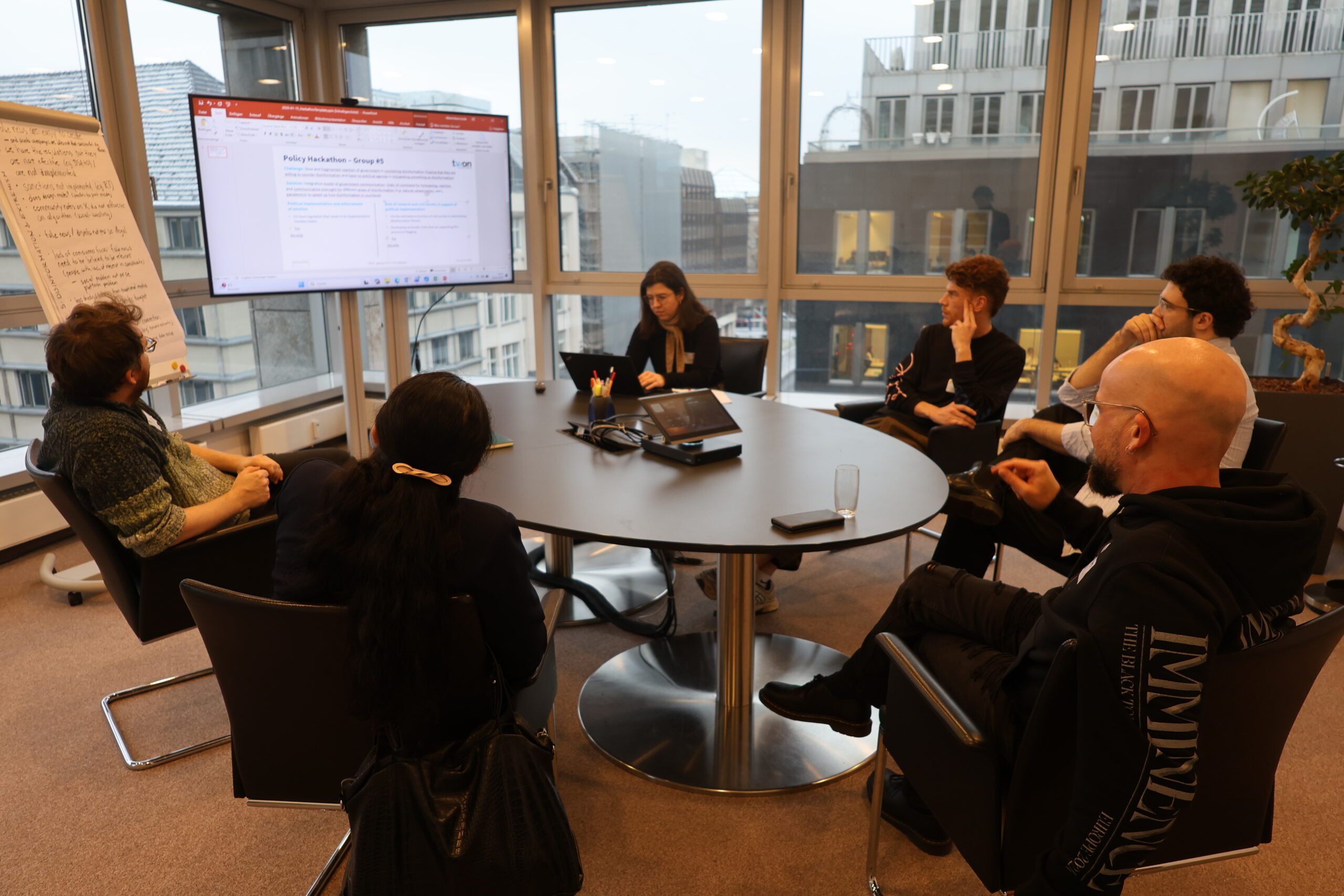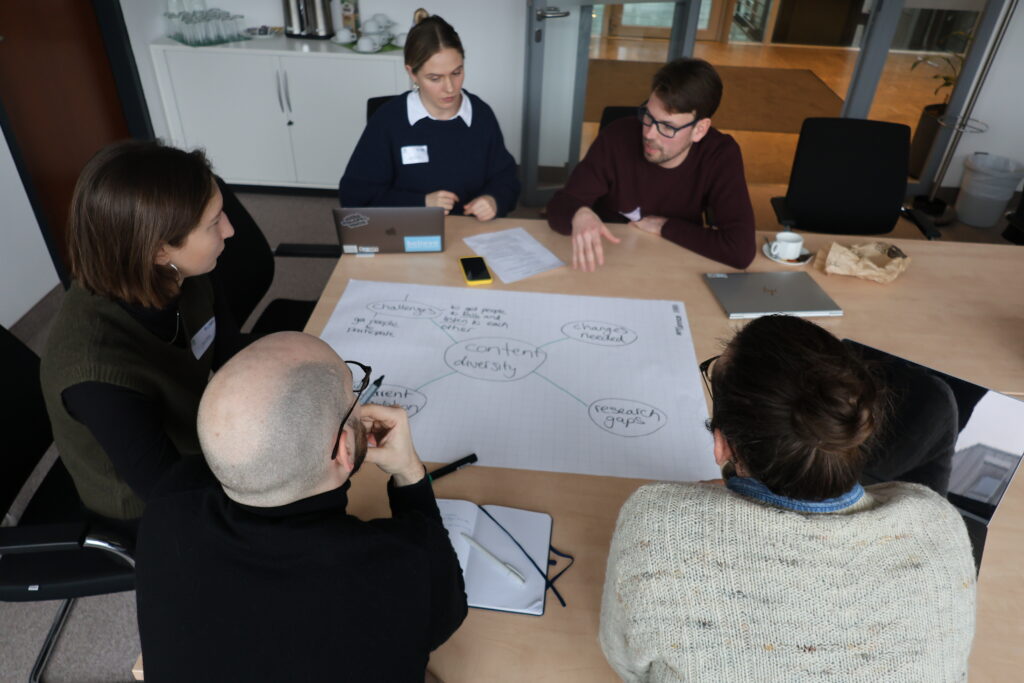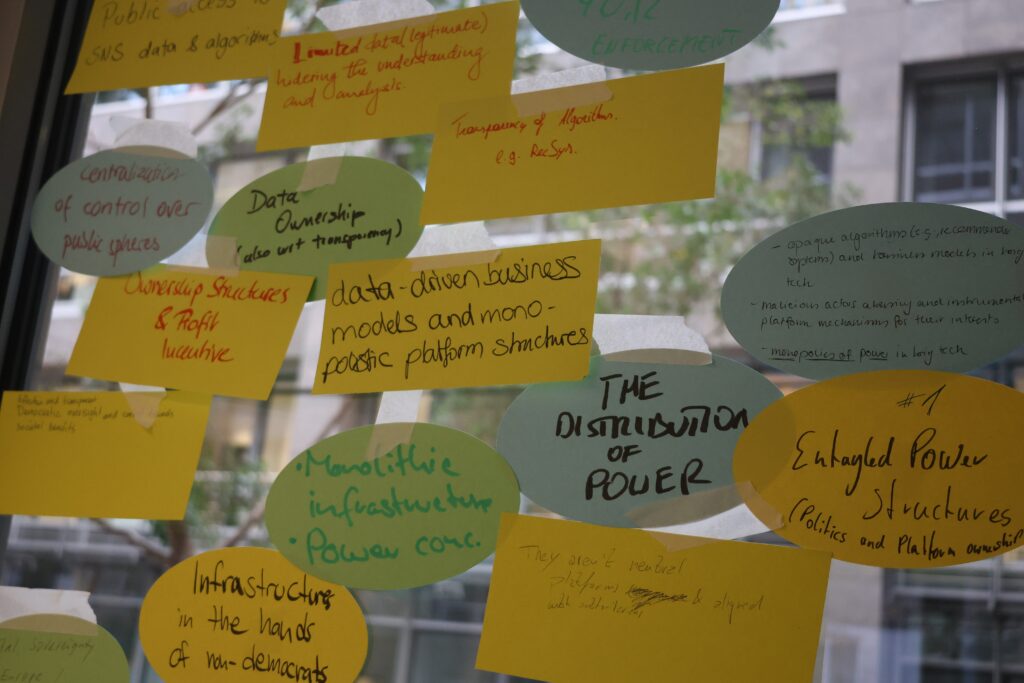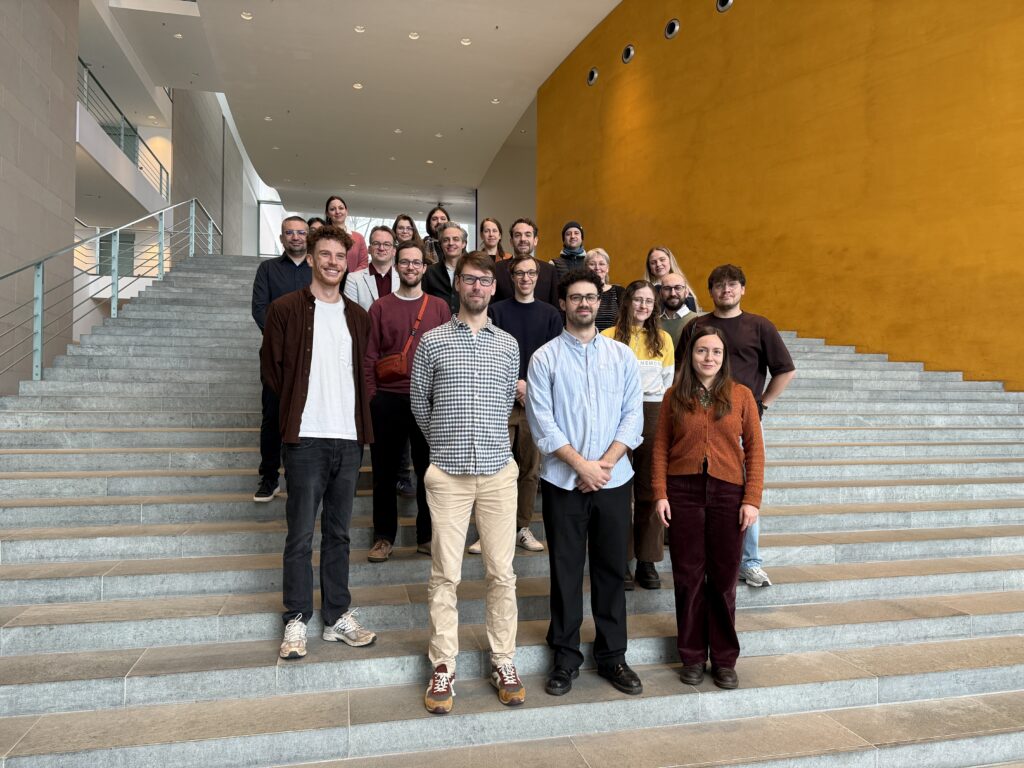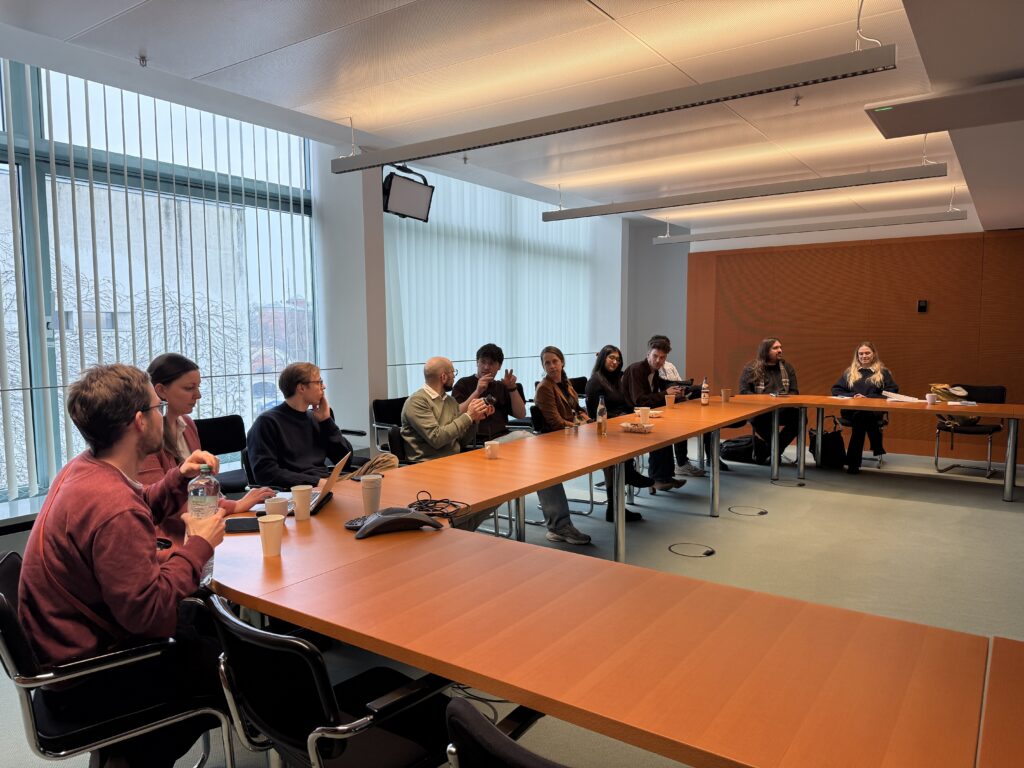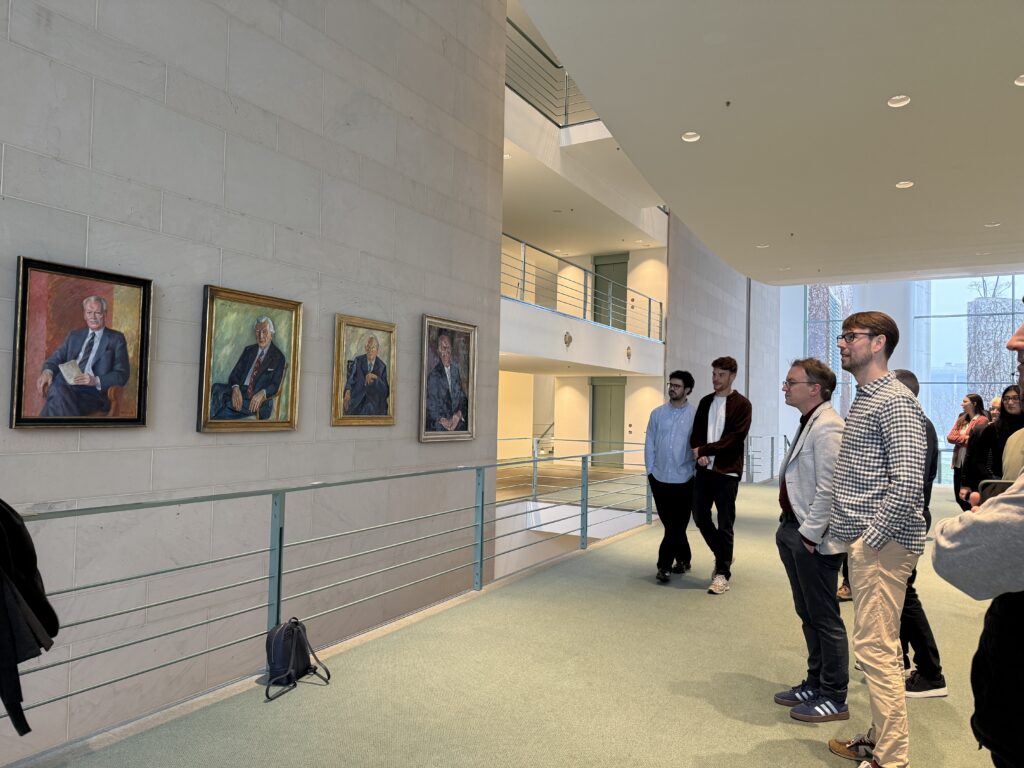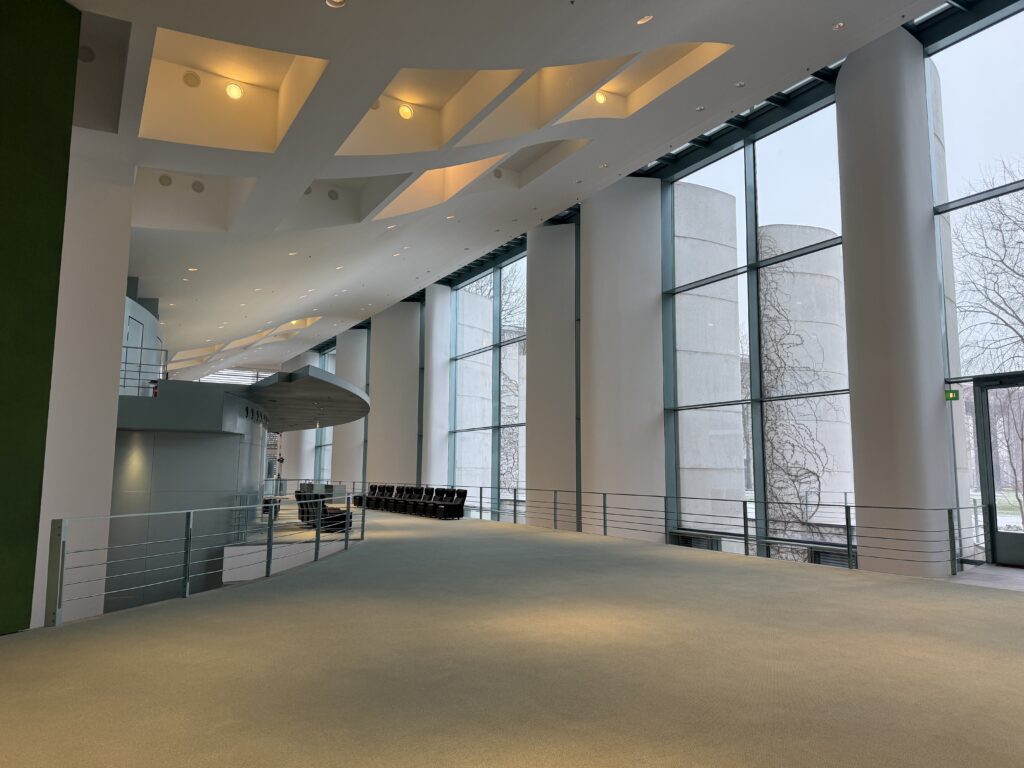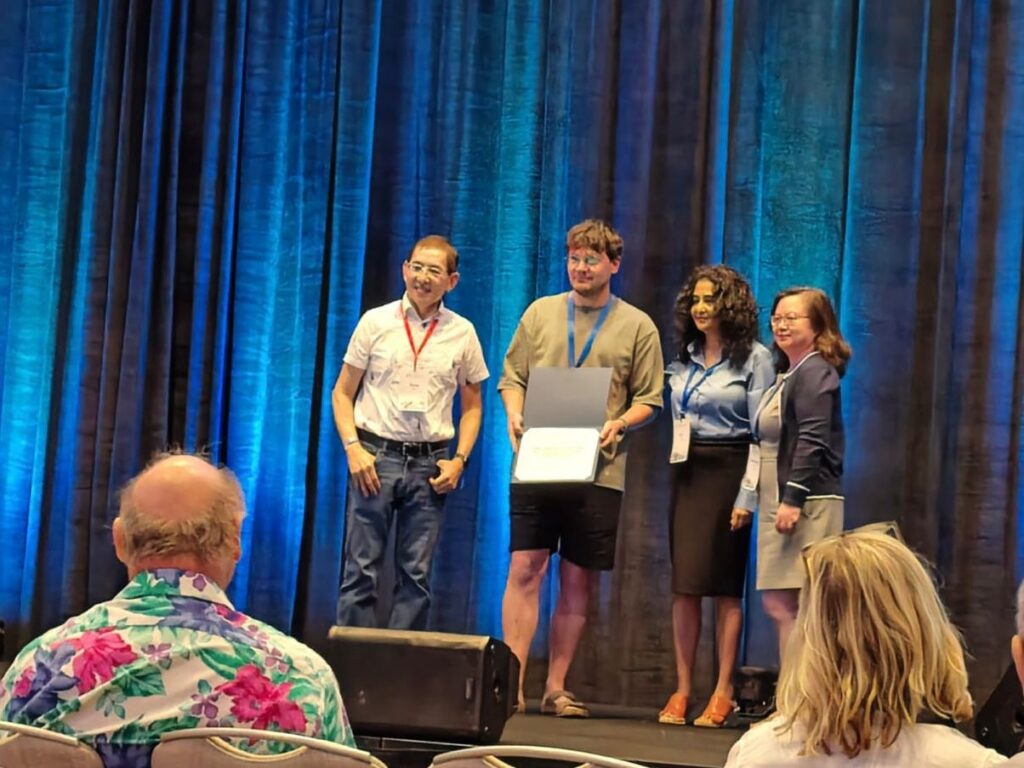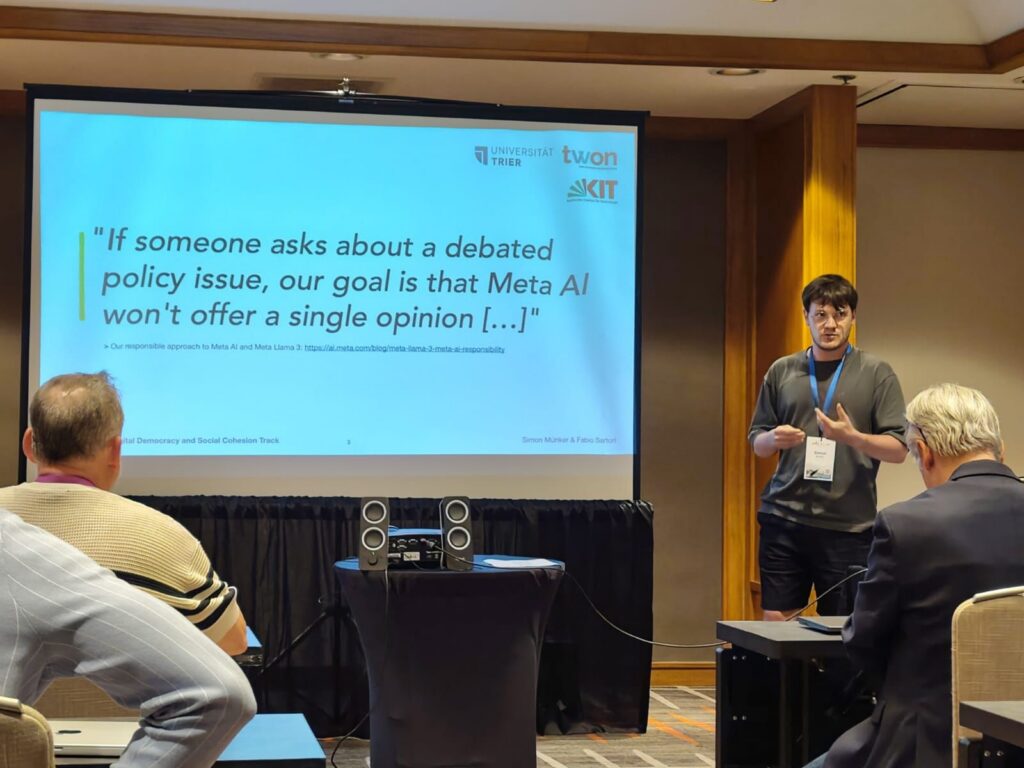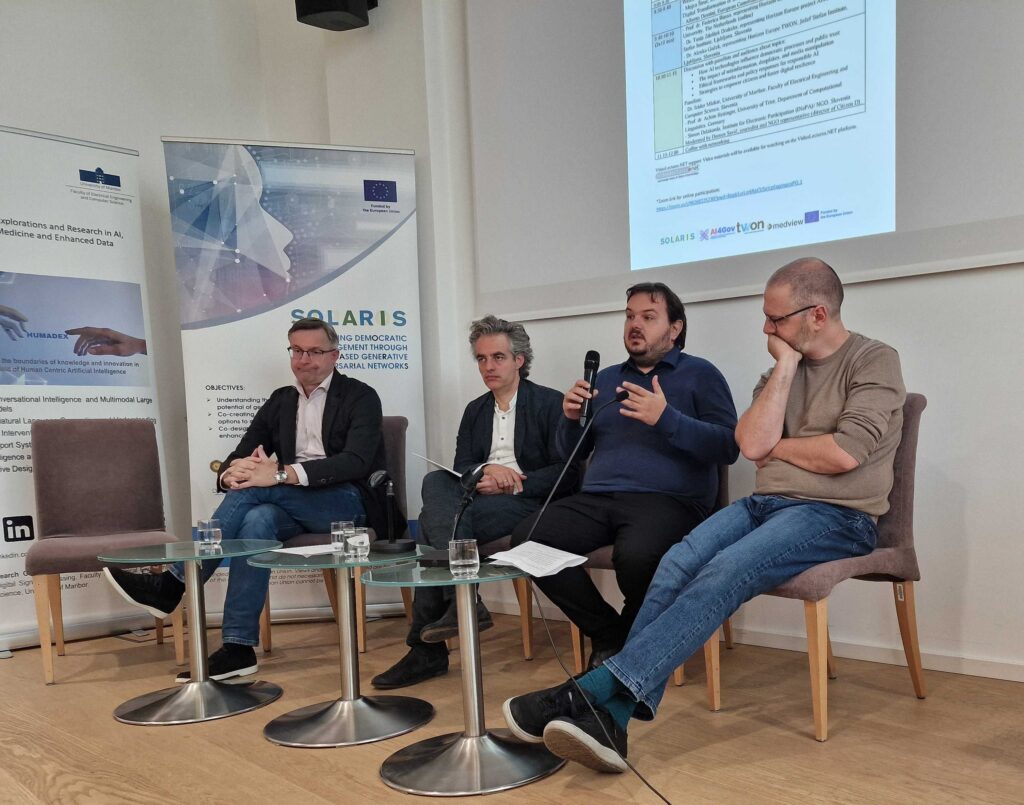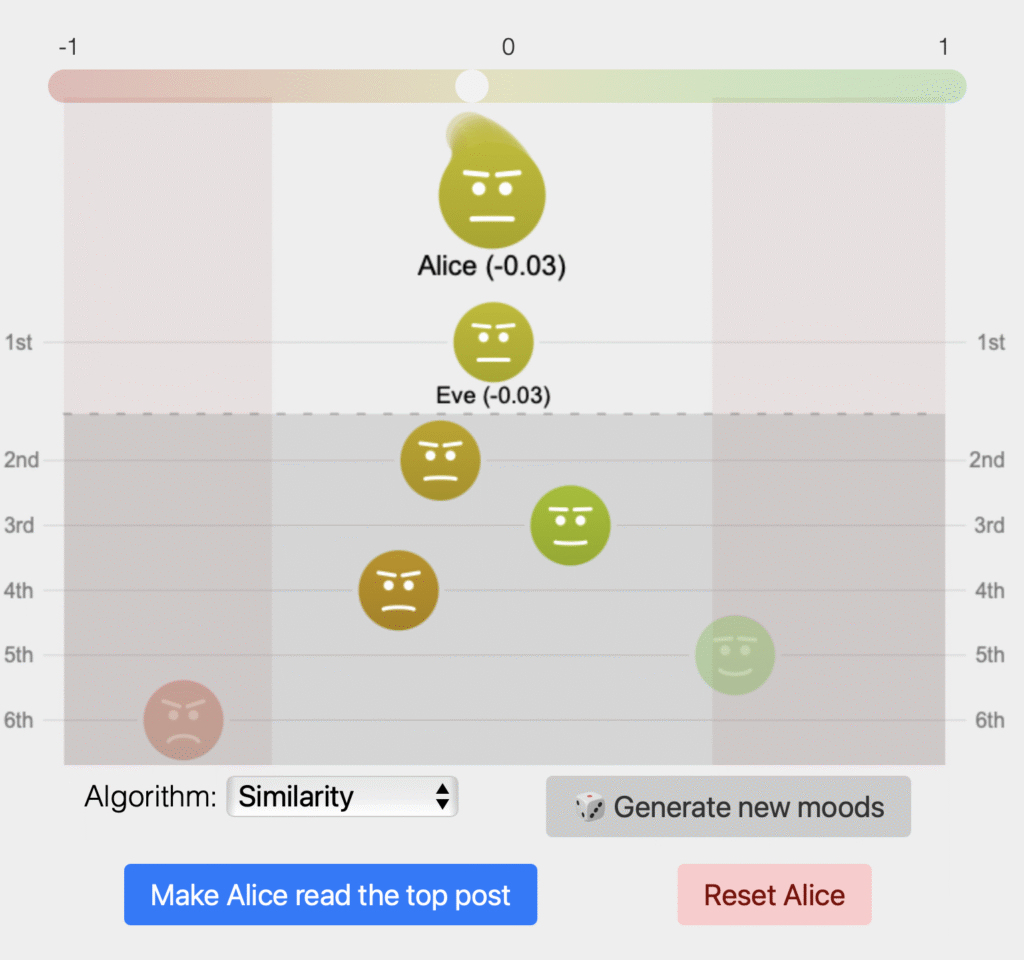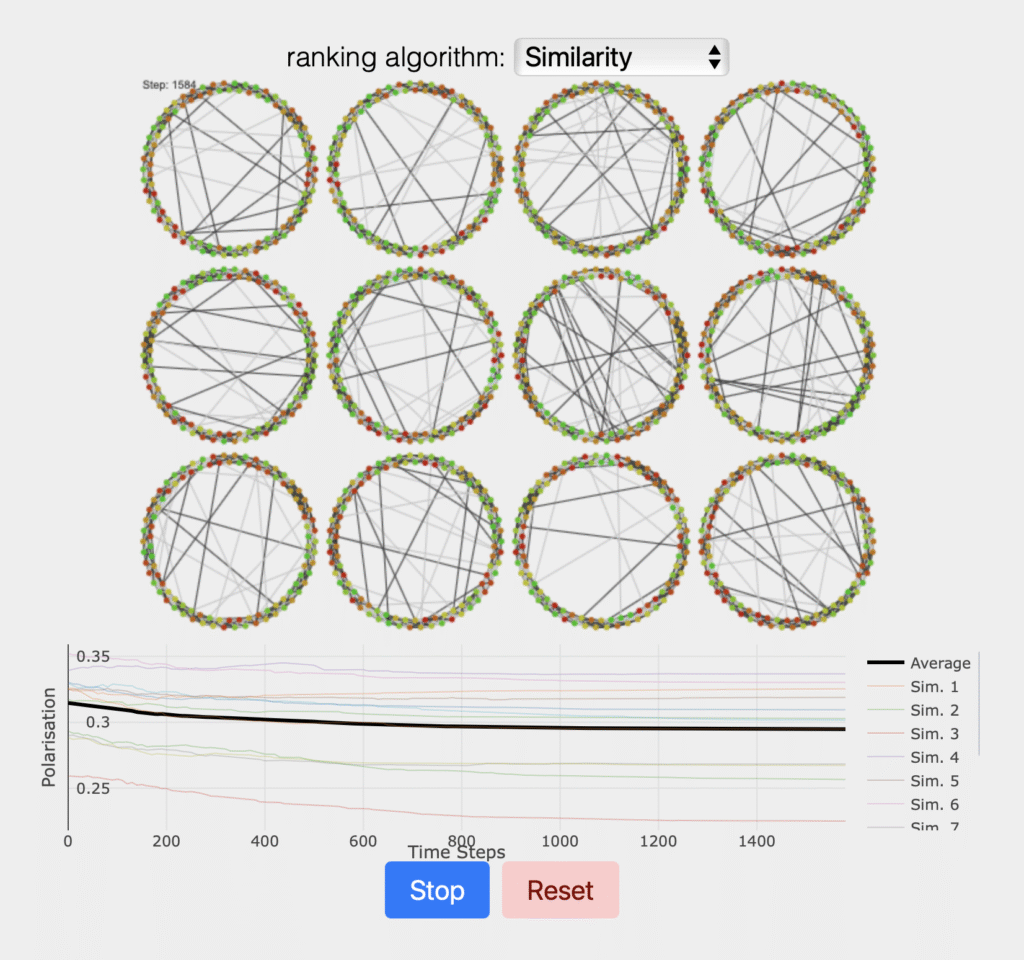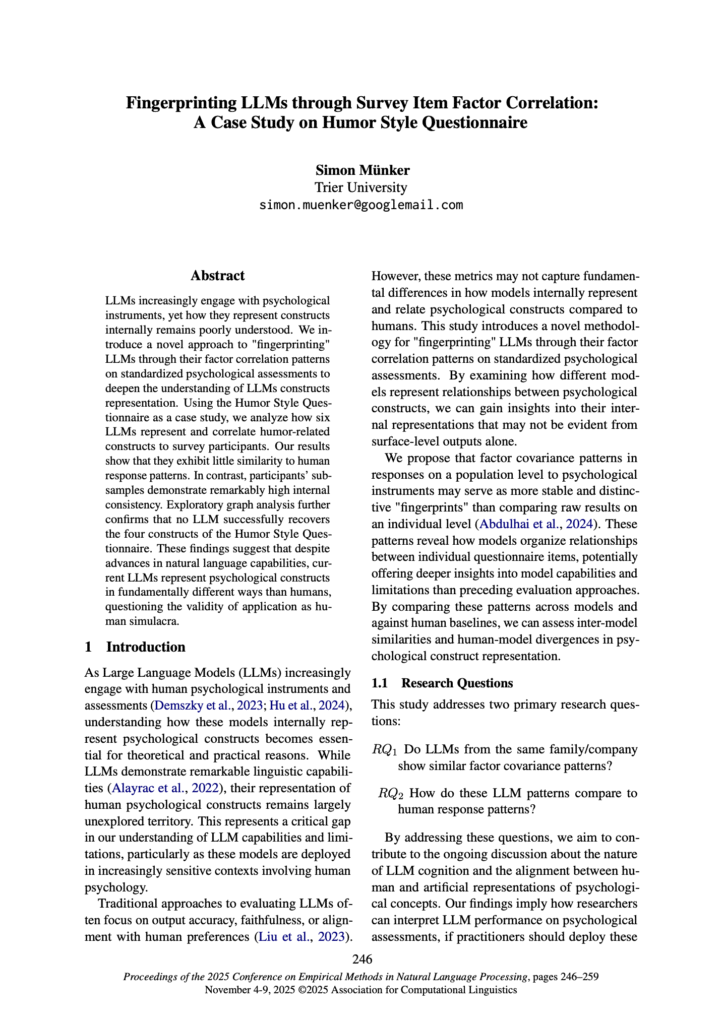From Research to Sovereignty in the Digital Public Sphere – Insights from the TWON Project // March 17, Brussels
📆Date 17 March 2026, 5:30-9:30pm
🎯Location KBR Royal Library, Mont des Arts 28, 1000 Brussels
What does digital sovereignty mean in practice when a handful of global platforms structure Europe’s public sphere? How can the European Union ensure that online social networks operate in line with democratic values, fundamental rights, and the protection of minors? And how can research support policymakers in shaping and enforcing a European model of platform governance? These questions have gained new urgency amid geopolitical tensions, systemic disinformation, and growing concerns about the societal impact of platforms such as TikTok.
This evening, we will present the EU-funded research project “TWON – Twin of Online Social Networks”, and discuss its results and implications. TWON examines how the design of online platforms influences the quality of online democratic discourse. At its core, the interdisciplinary team has developed an innovative “digital twin” approach: instead of experimenting on real users, simulations model how different platform architectures and ranking algorithms influence the quality of online debate, and exposure to harmful content.
By translating these findings into policy recommendations and discussing them in participatory Citizen Labs across Europe, TWON contributes to evidence-based policymaking and digital citizenship. The consortium includes leading European research institutions, among them the University of Amsterdam, Karlsruhe Institute of Technology (KIT), University of Belgrade, University of Trier, FZI Forschungszentrum Informatik, Jožef Stefan Institute, and the Robert Koch Institute (RKI).
We are happy to announce Katarina Barley, Vice-President of the European Parliament, as keynote speaker and panelist.
The event will focus in particular on how Europe can strengthen its capacity to research, regulate, and strategically shape online platforms. This includes establishing effective research infrastructures for platform data access and data donation, reinforcing European digital sovereignty over communication infrastructures, and identifying windows of opportunity in the evolving global digital policy debate.
Bringing together policymakers, regulators, researchers, journalists, and civil society practitioners, the event aims to connect cutting-edge research with current legislative and enforcement debates in Brussels.
Before and after the stage program, we invite you to explore interactive project demonstrators and exchange informally with project partners from across Europe.
We would be delighted to welcome you to Brussels and look forward to an open and productive discussion! Please feel free to share this invitation with colleagues.
🎯Location KBR Royal Library, Mont des Arts 28, 1000 Brussels
What does digital sovereignty mean in practice when a handful of global platforms structure Europe’s public sphere? How can the European Union ensure that online social networks operate in line with democratic values, fundamental rights, and the protection of minors? And how can research support policymakers in shaping and enforcing a European model of platform governance? These questions have gained new urgency amid geopolitical tensions, systemic disinformation, and growing concerns about the societal impact of platforms such as TikTok.
This evening, we will present the EU-funded research project “TWON – Twin of Online Social Networks”, and discuss its results and implications. TWON examines how the design of online platforms influences the quality of online democratic discourse. At its core, the interdisciplinary team has developed an innovative “digital twin” approach: instead of experimenting on real users, simulations model how different platform architectures and ranking algorithms influence the quality of online debate, and exposure to harmful content.
By translating these findings into policy recommendations and discussing them in participatory Citizen Labs across Europe, TWON contributes to evidence-based policymaking and digital citizenship. The consortium includes leading European research institutions, among them the University of Amsterdam, Karlsruhe Institute of Technology (KIT), University of Belgrade, University of Trier, FZI Forschungszentrum Informatik, Jožef Stefan Institute, and the Robert Koch Institute (RKI).
We are happy to announce Katarina Barley, Vice-President of the European Parliament, as keynote speaker and panelist.
The event will focus in particular on how Europe can strengthen its capacity to research, regulate, and strategically shape online platforms. This includes establishing effective research infrastructures for platform data access and data donation, reinforcing European digital sovereignty over communication infrastructures, and identifying windows of opportunity in the evolving global digital policy debate.
Bringing together policymakers, regulators, researchers, journalists, and civil society practitioners, the event aims to connect cutting-edge research with current legislative and enforcement debates in Brussels.
Before and after the stage program, we invite you to explore interactive project demonstrators and exchange informally with project partners from across Europe.
We would be delighted to welcome you to Brussels and look forward to an open and productive discussion! Please feel free to share this invitation with colleagues.
